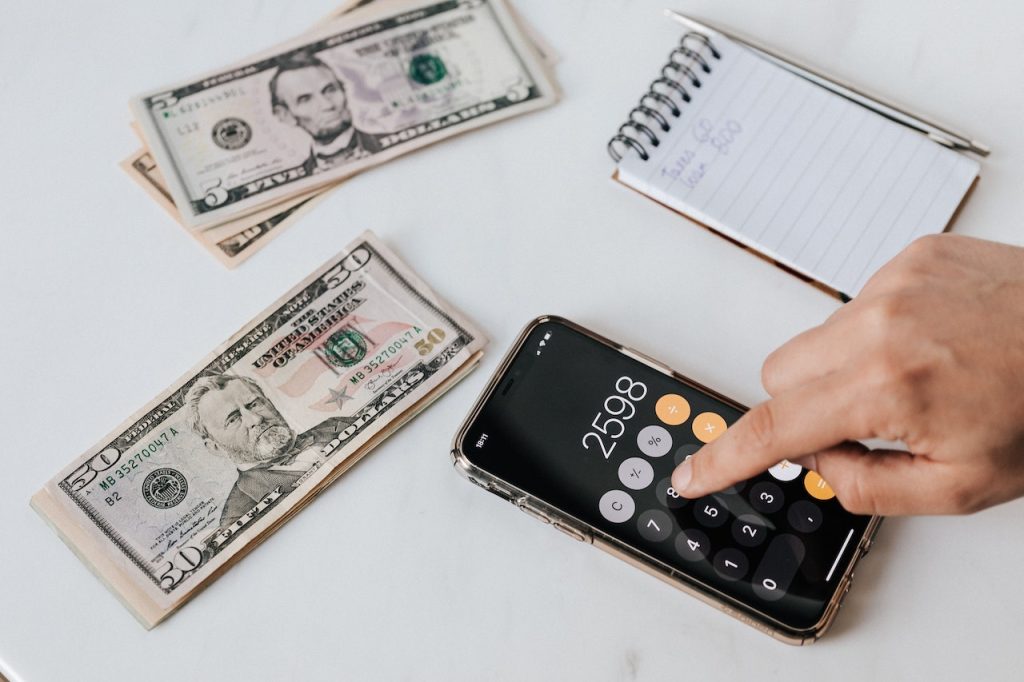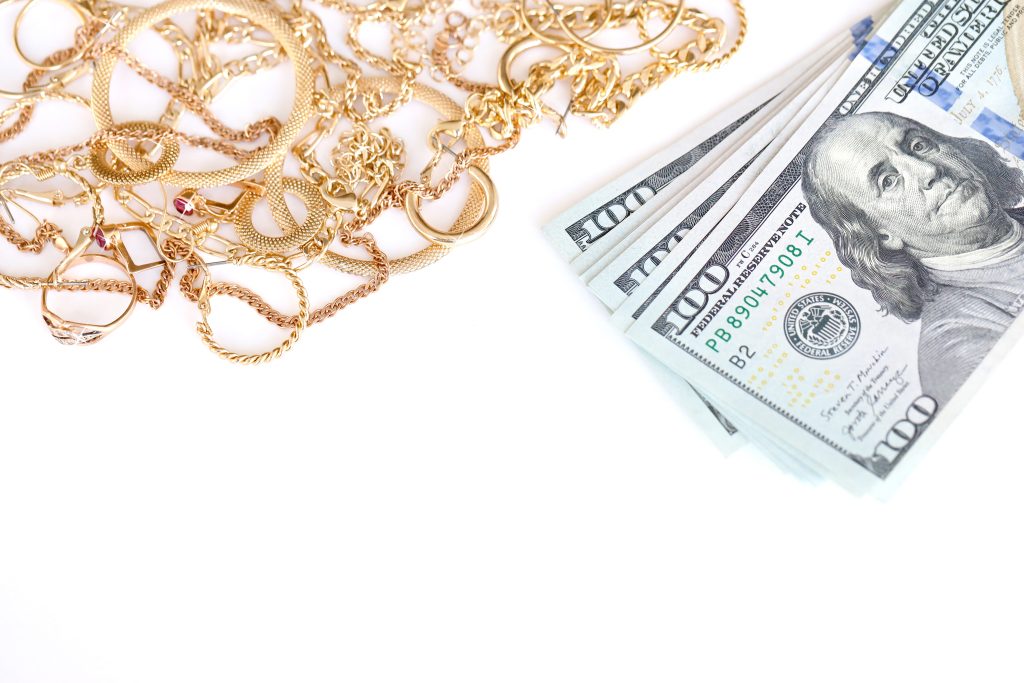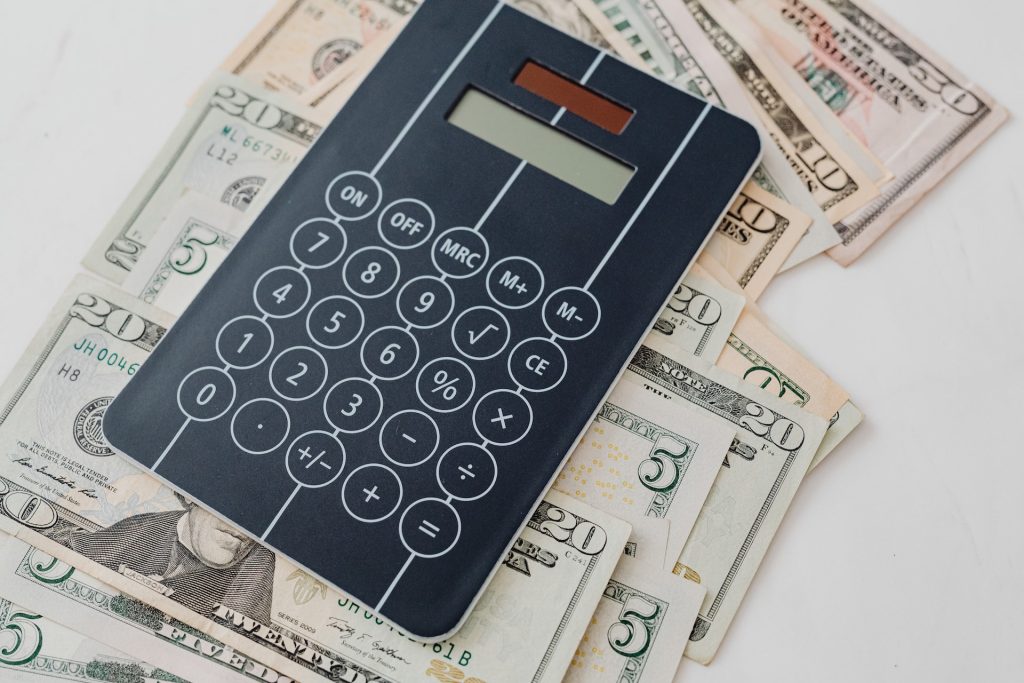Islam is all about caring for one another and spreading love, affection & mercy. Allah has emphasized taking care of others around you, and Zakat in Islam is one example of that and is one of the five pillars of Islam.
It is one of the core practices and obligations that all Muslims are obliged to fulfill (with some requirements to meet).
Muslims are taught to share their resources and be grateful for whatever Allah has blessed us with, which is a way of understanding the meaning of Zakat.
It is also one way of expressing your devotion to Allah and thanking Him for all the blessings.
This blog will provide all the information you need to comprehend Zakat in Islam.
Why is Zakat Important?
Zakat is a practical approach to creating social harmony among the rich and the poor. A society where the rich and the less fortunate don’t connect and care for each other is very unhappy.
A community where both the rich and the less fortunate are connected by understanding, kindness, and gratitude is a much better and prosperous society.
Therefore, Islam facilitates the circulation of wealth within different segments of society.

- Helps in Building the Society
The first benefit of Zakat in Islam is that it helps those in a society who are less fortunate.
Suppose one group in society keeps taking all the money and doesn’t share it with others. In that case, the rest will remain in the same difficult situation, and the society will become divided into different groups.
So, when rich people in society give Zakat, it means that those who are not wealthy are given an opportunity to have a better life.
- Circulation of Money
The second thing Zakat brings to the table about it being an obligation is that it leads to the circulation of money in a society.
Thus, this way the money gets out of the circle of a few people and circulates in the whole economy.
- Develops a Sense of Sacrificing
Thirdly, Zakat also teaches the message of sacrifice. Wealth is one of the major elements that people love the most.
Therefore, when a person gives from their wealth, it means that they love the order of Allah Almighty more than their liking, and it means they are willing to sacrifice the thing they love for the sake of Allah the Almighty.
Misconceptions About Zakat:
A large number of Muslims today have many wrong ideas about Zakat. We will briefly talk about 5 of the most common misconceptions about this subject:
- Zakat is given only during Ramadan
Many Muslims choose to give zakat in the month of Ramadan only because they are aware that good deeds in this particular month will provide them with more rewards. However, it is optional/obligatory to give zakat exclusively during Ramadan.
- Zakat purifies illegal or haram wealth
Zakat isn’t valid for money earned through haram (forbidden) means as it doesn’t belong to the person who owns it.
One of the conditions of Zakat is that the wealth should belong to the person himself.

- Zakat is on gold only
Shaykh Ibn Uthaymeen said: “Zakat must be paid on jewelry if it reaches the nisab (minimum threshold), which is 85 grams.
If it reaches this amount, Zakat must be paid for it. If she has other wealth and pays from that, there is nothing wrong with it.
If her husband or one of her relatives pays it on her behalf, there is nothing wrong with that.
If neither of these options is available to her, then she should sell some of it and pay Zakat with that money.”
- The husband is obligated to pay zakat on the wife’s gold
It is not the husband’s duty to pay Zakat for his wife’s jewelry, wealth, etc. Rather, it is her responsibility since she is the possessor of the wealth. If her husband or someone else pays her Zakat using her possessions on her behalf and with her permission, that is okay, and he will be rewarded for this voluntary action.

- Zakat cannot be given to poor relatives
Zakat can be given to relatives who fall under the Zakat requirements. A person should give their Zakat to a brother, sister, paternal uncle, paternal aunt, or any other relative if they are poor except those whom he’s financially responsible for (father, mother, grandparents, kids).
The Prophet, peace be upon him, said:
“Charity given to the poor is charity, and charity given to a relative is charity and upholding of family ties.”
(Ahmad, al-Nasaa’i)

Who is eligible for Zakat in Islam?
Eight kinds of people may receive Zakat payments. These include the following:
- The poor, meaning low-income or disadvantaged. (al-fuqarâ’)
- The needy meaning someone who is in difficulty. (al-masâkîn)
- Zakat administrators. (amil)
- Those whose hearts are to be reconciled, meaning new Muslims and friends of the Muslim community. (muallafati qulubuhum)
- Captives and slaves. (riqab)
- The debt-ridden. (gharimin)
- In the cause of Allah. (fi sabillilah)
- The wanderer meaning those who are stranded or traveling with few resources. (ibnus sabil)
Zakat Calculation Formula
- Total up all your sources of income:
Tally up all the assets that you have owned for the past year. This includes:
Cash + Gold & Silver + Debts Owed to You + Investment Property + Shares & Stocks + Investment & Saving Funds + Business Assets = Your Total Income
- Total up your immediate needs and living expenses
This includes:
Personal & Living Expenses + Debts You Owe + Business Expenses= Your Living Expenses
- Find out your total Zakatable Wealth
Your Total Income – Your Living Expenses = Your Zakatable Wealth
- Check if it’s above the threshold for Nisab
Whether you decide to go with the gold or silver value for Nisab, determine the current cash value of your Nisab threshold.
If your Zakatable Wealth exceeds the Nisab threshold, you can move on to the next step!
- Calculate how much Zakat you have to pay:
Your Zakatable Wealth x 2.5% = Total Zakat You Owe for the Year

Nisab for Zakat 2023
You can calculate the Nisab value yourself daily by knowing the price of a gram of gold and applying the following equation:
Gold price per gram in US$ × 85 grams = Nisab value.
Example: Suppose that the price of a gram of gold today is $60, so:
$60 × 85 = $5,100.
In a nutshell, Zakat is a mandatory duty of a Muslim, and the objective is to help society share the bounties of Allah and give a chance to the unfortunate ones to have a better life.
Therefore, every Muslim must learn about Zakat and ensure it is paid to deserving people.
You can transform lives now and for eternity by fulfilling your Zakat obligations.
Pay Zakat to those who deserve it.